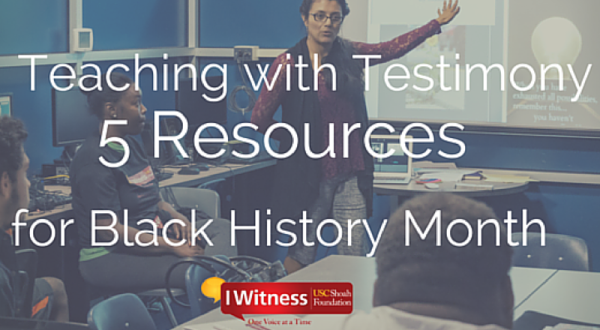
Esther talks about going to church very frequently so that she could learn all of the Christian prayers and convince others that she was Christian, not Jewish. When she was living with a Nazi family, they questioned whether or not she was really Christian and they had her recite prayers to prove her faith.